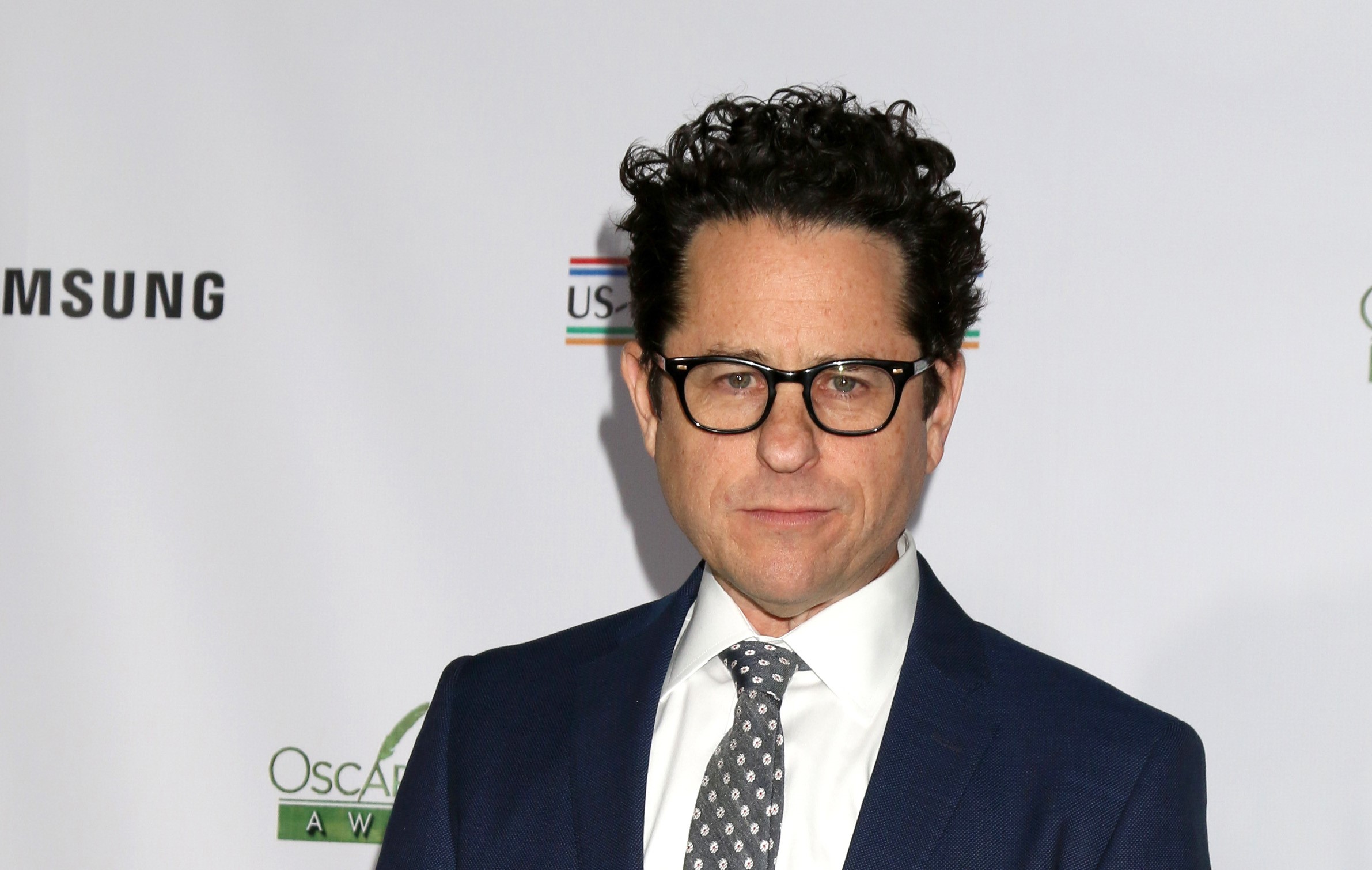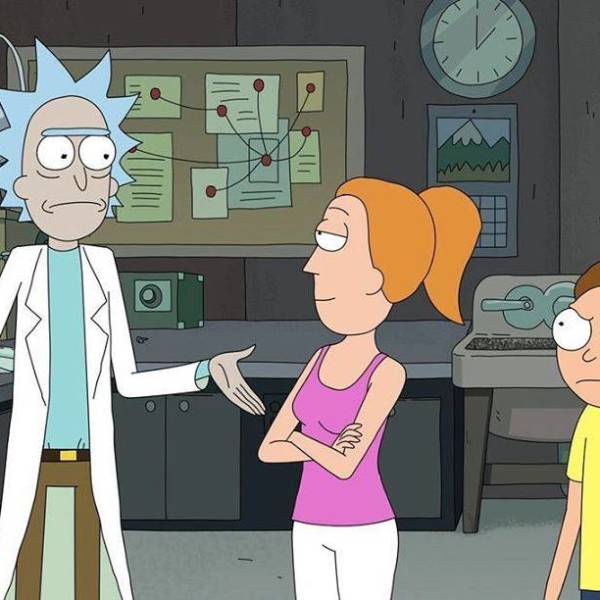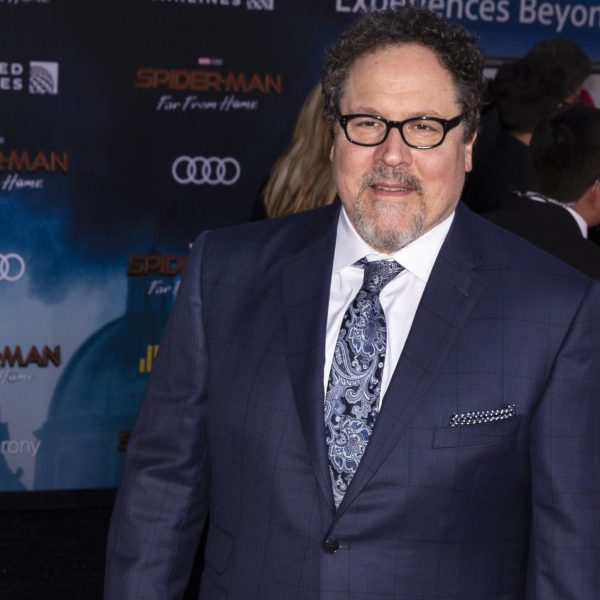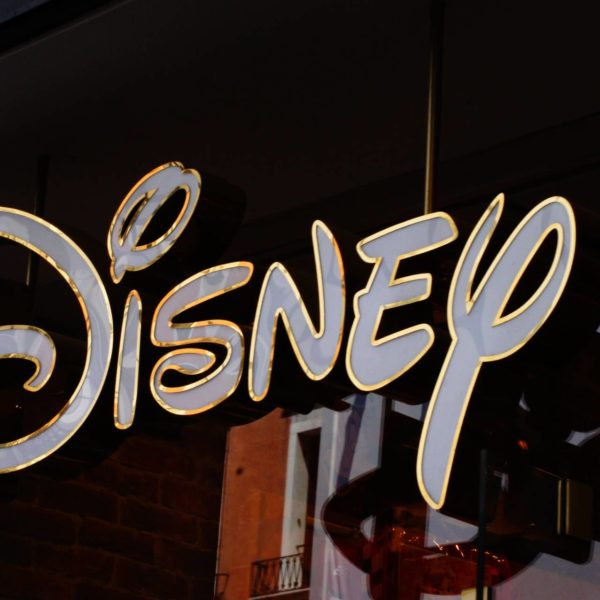J.J. Abrams Realizes He Maybe Shouldn’t Have Haphazardly Thrown Together a ‘Star Wars’ Trilogy With No Plan

The Star Wars sequel trilogy had a number of problems. Aside from a major lack of Billy Dee Williams in the first two movies, the biggest of these problems is that it was obvious there was no plan for these movies at all, and that caused all sorts of smaller problems.
Now, obviously, George Lucas didn’t have a plan for Star Wars when he wrote the first movie, but he was as surprised as anyone that the film was successful enough to to warrant a sequel, much less that it would become an unstoppable behemoth of nerd culture. That’s why you have things like Obi-Wan calling Darth Vader “Darth” and telling Luke that Vader killed his father; Lucas hadn’t decided on those plot points yet, and a potential low-budget sequel, published as Splinter of the Mind’s Eye, had an entirely different plot.
But everyone knew that these movies were going to be a trilogy from day one. There’s not a reality in the multiverse where Disney paid four billion dollars for Lucasfilm, made one Star Wars movie and said “well, that’s it, we’re done, I guess people are over Star Wars.”
What ended up happening, though, is that Disney put J.J. Abrams in charge and he took a look at the massive responsibility he had been given and said f**k it, let’s wing it. Seriously, here’s why he told Collider.
“I’ve been involved in a number of projects that have been – in most cases, series – that have ideas that begin the thing where you feel like you know where it’s gonna go, and sometimes it’s an actor who comes in, other times it’s a relationship that as-written doesn’t quite work, and things that you think are gonna just be so well-received just crash and burn and other things that you think like, ‘Oh that’s a small moment’ or ‘That’s a one-episode character’ suddenly become a hugely important part of the story. I feel like what I’ve learned as a lesson a few times now, and it’s something that especially in this pandemic year working with writers [has become clear], the lesson is that you have to plan things as best you can, and you always need to be able to respond to the unexpected. And the unexpected can come in all sorts of forms, and I do think that there’s nothing more important than knowing where you’re going.”
Look, I get it, you want shows to be able to go where they go and not be tied to an idea you had eight years ago. Like maybe How I Met Your Mother should have changed gears instead of sticking with the ending they used. I liked that ending, but it would have worked a lot better after season two than season nine.
Really, J.J. should have learned this lesson with Lost, which was right on the cusp of shows being based on a premise with no intention of moving forward, like a police procedural, to audiences demanding coherent narratives with stories that move towards a resolution like prestige TV was giving them.
The approach Abrams took, not having a plan for the story of the movies or the arcs of the characters, lead to a lot of problems, especially when he turned over the middle of the trilogy to someone who said “okay, but what if we make a movie that just shows utter disdain for anyone who likes Star Wars and call anyone who complains about it sexist on the nightly news?” If they had sat down and at least decided on story beats for the films, maybe they wouldn’t have had to pull a third movie from quite so deep in their collective asses.


